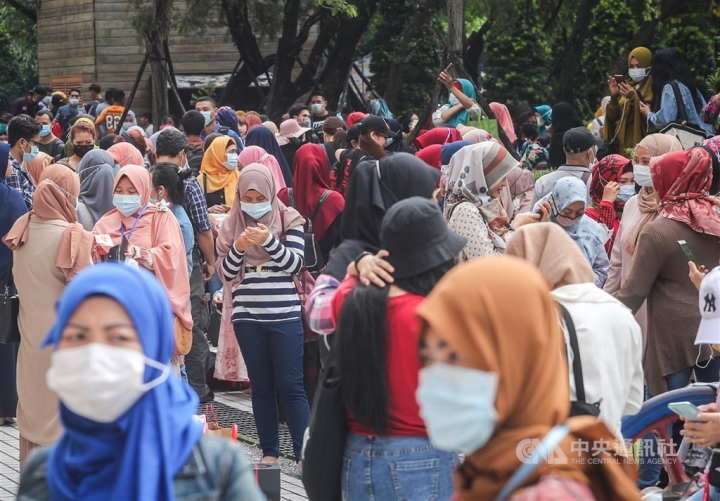
Taipei, Jan. 17 (CNA) Migrant workers in Taiwan, both industrial workers and domestic caregivers, earned higher wages in 2021, according to a survey of employers released by the Ministry of Labor (MOL) on Monday.
Migrant workers in the manufacturing and construction sectors across Taiwan earned an average monthly wage of NT$30,541 (US$1,091) in June last year, the survey showed.
The figure, including an average regular wage of NT$24,603 and NT$5,396 in average overtime pay, was up by NT$1,958 for the same month in 2020, due mainly to an average increase in overtime pay of NT$1,429.
In terms of work hours, migrant workers in the industrial sectors recorded a monthly average of 204.1 hours -- 167.7 hours of regular work and 36.4 overtime hours -- marking an increase of 9.4 hours from the monthly average for 2020, the survey indicated.
Regarding the management of migrant workers, 34.3 percent of Taiwanese employers surveyed said they were bothered the most by language barriers, followed by poor hygiene habits, and poor work attitude/discipline.
Meanwhile, domestic care providers earned an average monthly wage of NT$20,209 in June 2021 -- including an average regular salary of NT$17,563 and average overtime pay of NT$2,182 -- which was up NT$291 compared with their average monthly salary a year earlier, the survey showed.
They worked around 10 hours on average per day, and 98 percent of their Taiwanese employers paid them overtime pay.
Around 73.6 percent of Taiwanese employers said they had other ways to look after the person in need if their foreign caregivers took a break, mainly asking other family members to help, according to the survey.
The poll also indicated that nearly 40 percent of domestic caregiver employers said they would hire Taiwanese caregivers on a temporary basis, with 51.4 percent of them willing to pay NT$500-NT$1,200 per person per day based on a government subsidy program.
In terms of problems, 24.6 percent of Taiwanese employers said they were troubled the most by language barriers in communicating with their foreign care providers, followed by their spending too much time on their cell phones, and a poor cooperative attitude, the survey showed.
The MOL conducted the survey in July and August last year and obtained a total of 8,670 valid replies -- 4,643 from companies in the manufacturing and construction sectors and 4,027 from the employers of foreign caregivers.